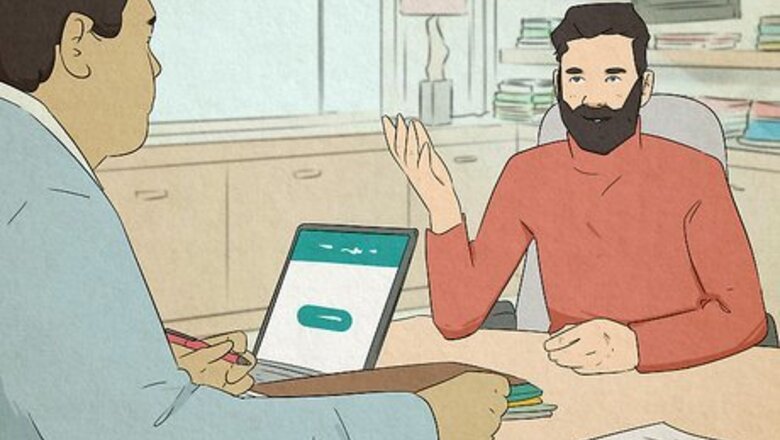
views
- It's a positive sign if the interview went long or they introduced you to other potential team members.
- You can be optimistic if you clicked well with the interviewer. This might look like smooth, flowing conversation, and engaged responses.
- Trying to sell you the job in the interview is a great sign. This includes mentioning the role's specifics, start date, and a timeline for next steps.
The interview went long.
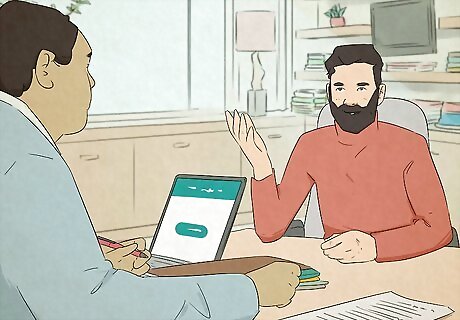
If they extended their schedule for you, they’re interested. If you weren’t a fascinating candidate for them, they would have found a reason to shuffle you out the door to get to their next appointment on time. If a 30-minute interview turned into a 45-minute or hour-long exchange, it’s a big signal that the interviewer was willing to sacrifice their schedule to learn more about you. This means they’re interested! It may be an especially meaningful sign if their questions became more advanced, since this may meant they dipping into “second interview” questions.
The conversation flowed smoothly.
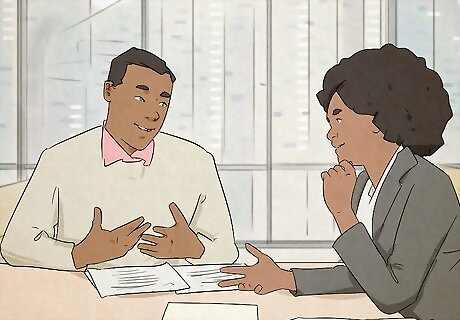
If your talk was comfortable, engaging, and fun, it’s a great sign. The absence of any awkward silences or bumpy moments is a huge plus for you. A job interview isn’t just a checklist of skills and experiences—the interviewee wants to know if they’d enjoy working with you. The fact that you two were getting along so well is a great signal. A loose conversational experience also signifies that the interviewee was comfortable. If the people at an interview seem extremely at ease, it’s a mark in your favor.
They went into the role’s specifics.

Extremely detailed questions or explanations mean it went well. If they went into day-to-day activities, specific responsibilities you’d have if you got the job, or they asked about your proficiency with niche skills, it means they’re looking deeply into how good of a fit you’d really be. This means they’ve moved beyond the “let’s see if they’re a good fit” line of thinking and moved into the “are they a good fit, or perfect fit” category. If you leave the interview still a little confused about what the job actually requires, it may mean you aren’t going to be called back.
You clicked with the interviewer.

An engaged interviewer is paying close attention to you for a reason. This is a mark in your favor because they’d have been a little disinterested if they didn’t care about you. Think about it from their perspective—they’ve probably had dozens of interviews, so the fact that they didn’t check out is a good thing. What was their posture like? If they were expressive, made eye contact, and sat up straight, it’s a surefire sign that they wanted to put their best foot forward.
They mentioned a start date.
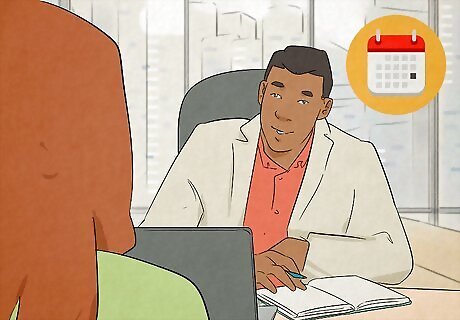
If they wanted your availability, they’re seriously considering you. They wouldn’t have asked about when you’ll be available if they weren’t weighing you as a serious candidate. If there is any mention of when they plan on filling the role or they ask if you’ll be free on a certain date, it could be their way of signaling that they may be reaching out soon with an offer for that date.
Your interviewer tried to sell you on the job.

If they talked up how awesome the role is, they may want you. Did it feel like you were trying to pitch them on your skills, or were they trying to pitch you on the job? If it was the latter, then they approached the interview from the perspective that you’re a candidate worth fighting over. It doesn’t automatically mean you aren’t getting the job if it felt like you were pitching them on your skills. It’s just a uniquely positive sign if it feels like they’re pitching you.
The interviewer gave positive responses.
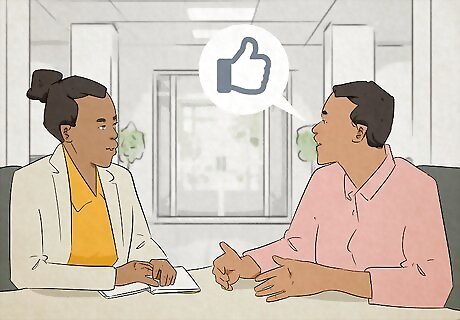
Any kind of upbeat feedback is a sign that things went well. Did your interviewer nod their head a lot while you spoke? Did they agree with a lot of your answers and comments? If so, the interview went well. People tend to subconsciously express the way they feel with their off-the-cuff reactions and body language, so if you got the vibe they’re interested in what you, it’s a good thing.
They were impressed by your resume.

It’s meaningful if they seem captivated by your experience. Interviewers look over a lot of resumes, so they’re used to seeing people from all kinds of different backgrounds. So, if they raised their eyebrows when they scanned your resume or they said things like “wow” or “interesting” when they went through your work experience, it meant they’re impressed. Novelty is good. People tend to remember things that are unique or different. If you’re worried about your work experience being too far off for the role but the interviewer had an interesting reaction, it’s a good thing!
You were introduced to multiple people.

If they brought in managers or staff for you to meet, it’s a huge sign. The person you first sat down with for the interview was probably the screener for the real candidates, so if anyone else showed up or they asked you to meet someone, it means you made it past the initial round of the interview. Hiring managers will also do this if they want to show off an especially good candidate, so this is great news for you. Don’t assume you didn’t get the gig if you only talked to a hiring manager. If there are multiple rounds of interviews, the hiring manager won’t normally bring others in for the initial basic interview.
They gave you a timeline for next steps.
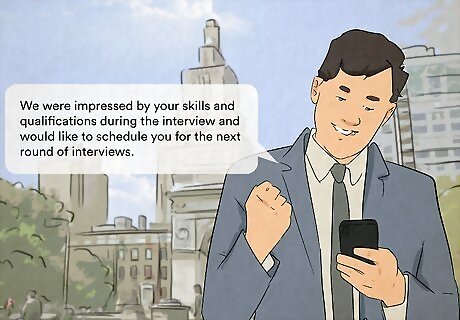
If they gave you a schedule for a second interview, you’re probably in. If a hiring manager isn’t sure whether you’re a good fit for the job or not, they’d say something like, “We’ll let you know what our decision is soon.” If they give you concrete information regarding second interview dates or they tell you when you’ll hear from them, they likely think you’re a promising prospect. Phrases like, “Our last interview is today so you should hear from us by tomorrow,” or, “Our second round of interviews is next week, so you’ll hear from us by Monday” are all marks in your favor!
Your follow-up email gets a quick reply.
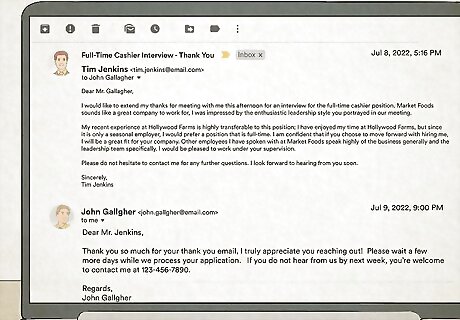
If you hear back quickly from the company, they’re interested. Send a follow-up email to the hiring manager a day or two after the interview to thank them for their time. If they respond by emailing or calling you in the next day or two, it’s a really good sign. If they didn’t reply quickly, it’s a sign they’re still weighing other candidates for the position. A quick reply is an indicator that they respect your time and, more importantly, that they don’t want to give the impression that your job hunt is still on.












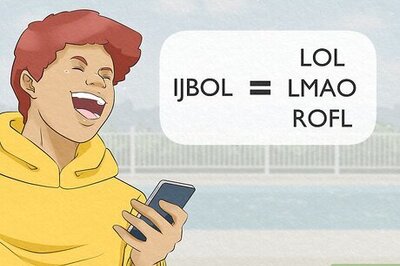

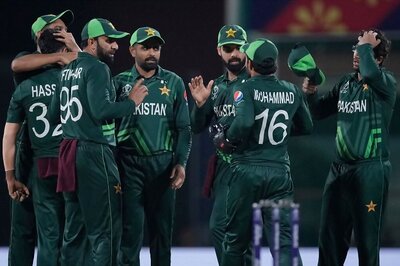
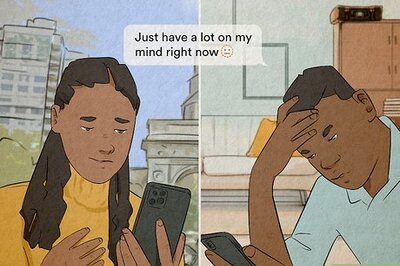
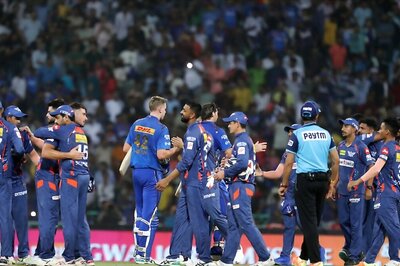

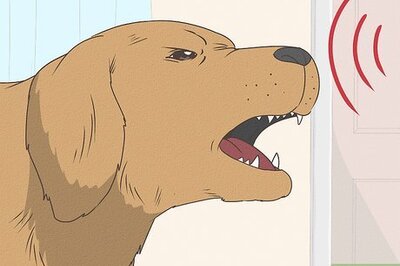

Comments
0 comment